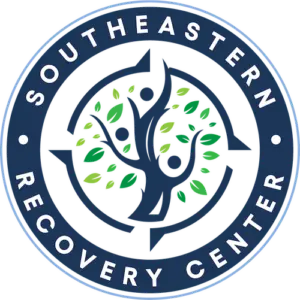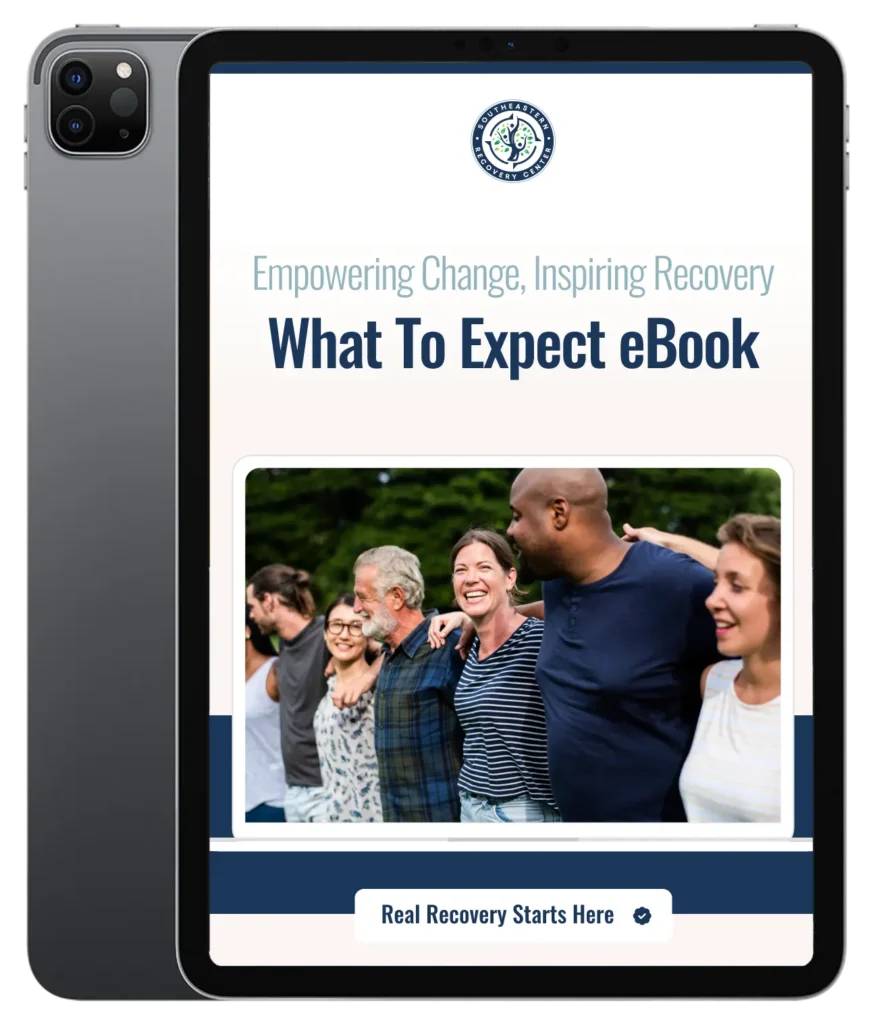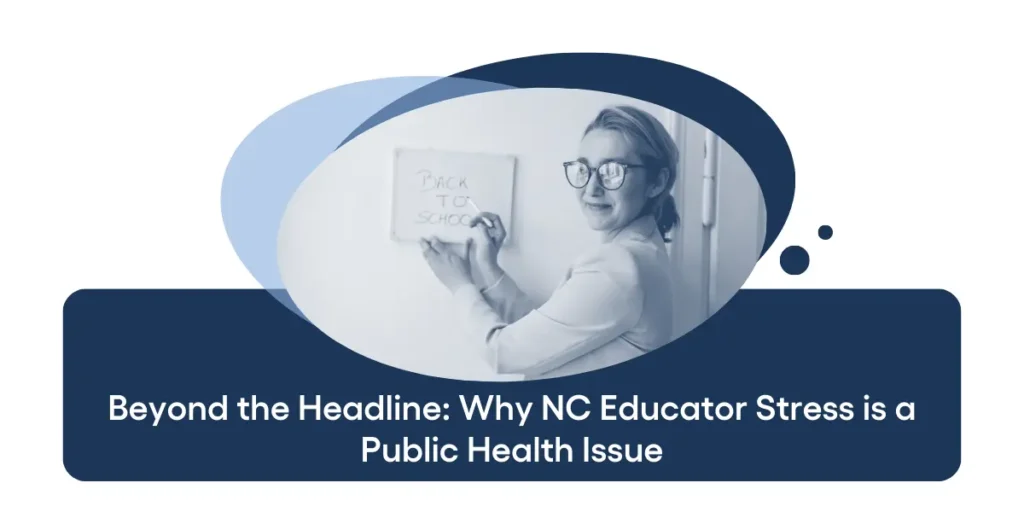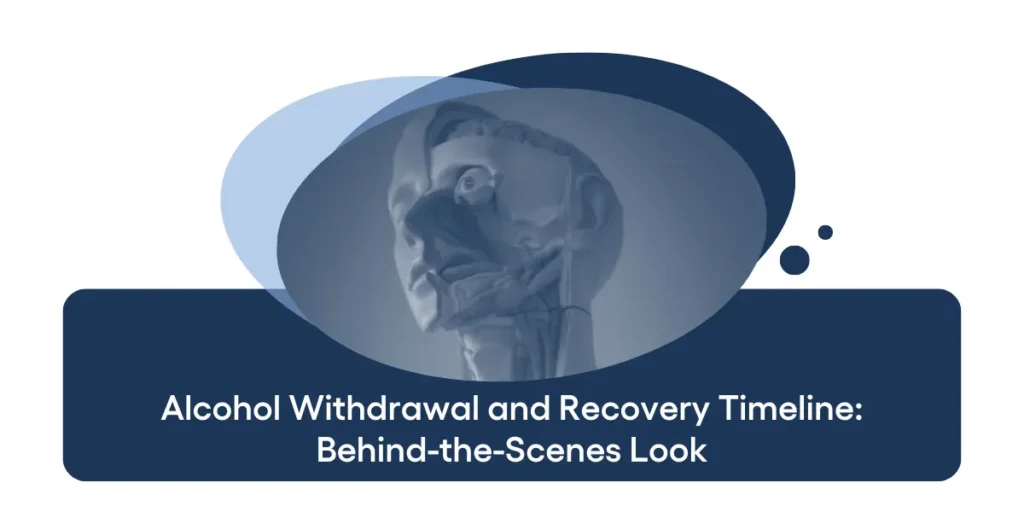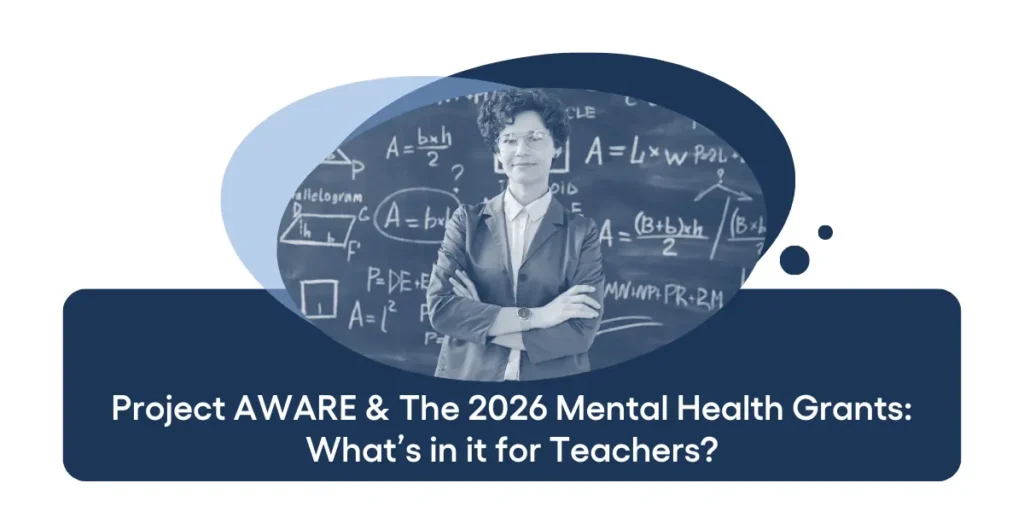With the right resources, finding an “affordable drug rehab near me” is possible and can help you break free from the cycle of drug addiction.
If you or a loved one is struggling with addiction, you’re not alone—and there are many paths to recovery that won’t break the bank. Many people assume that quality rehab services come with a high price tag, but the reality is there are accessible, affordable drug rehab options out there. From government-funded programs to sliding scale fees and community support networks, these services can make addiction treatment possible and effective without overwhelming financial costs.
Let’s explore the factors that make drug rehab affordable, discuss various types of low-cost treatment options, and provide tips for finding affordable drug rehab centers near you. We’ll also answer some common questions to help you feel more confident in taking the next step towards recovery.
What Makes Drug Rehab Affordable?
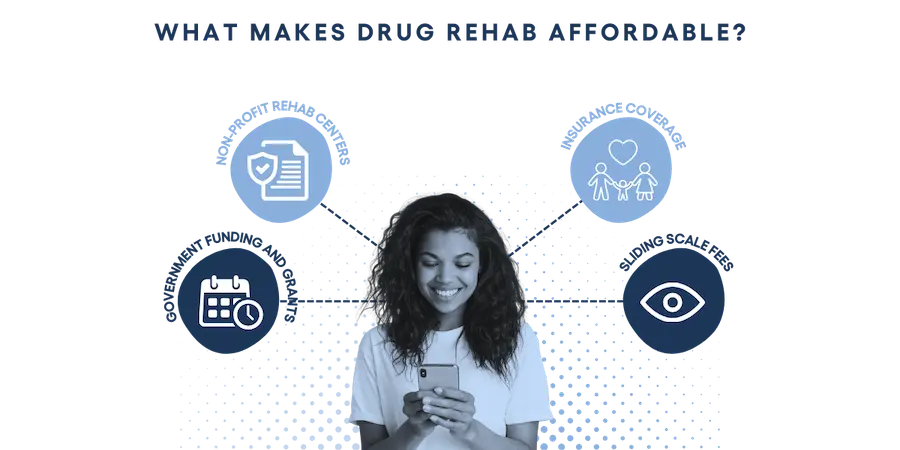
Drug rehab doesn’t have to be financially prohibitive, and many treatment centers are dedicated to providing affordable care. Here are some key factors that contribute to more accessible rehab options:
Government Funding and Grants:
Some drug rehab centers receive public funding or grants to help subsidize costs. This funding allows these facilities to offer services at a reduced rate, making it easier for individuals with limited financial resources to access treatment.
Many government-funded facilities are available across the U.S., often supported by state and federal health departments.
Non-Profit Rehab Centers:
Non-profit rehab centers focus on serving the community rather than generating profit. Because of this, they’re often able to keep their costs low and offer sliding scale fees based on a person’s financial situation. Non-profit rehab centers are an excellent option for those looking for affordable treatment without compromising quality.
Insurance Coverage:
Under the Affordable Care Act (ACA), insurance providers are required to cover mental health and addiction treatment as an essential health benefit. If you have insurance, it’s worth checking your policy for coverage of substance abuse treatment, which can help offset the overall cost.
Sliding Scale Fees:
Some rehab facilities offer sliding scale fees based on your income. This payment model adjusts the cost of treatment to fit an individual’s financial situation, ensuring that people from all income levels can access the support they need.
These factors help ensure that financial constraints aren’t a barrier to accessing quality addiction treatment.
Different Types of Affordable Drug Rehab Centers
Affordable drug rehab centers offer a range of services tailored to meet diverse needs and budgets. Below are some common types of programs available to those seeking affordable addiction treatment:
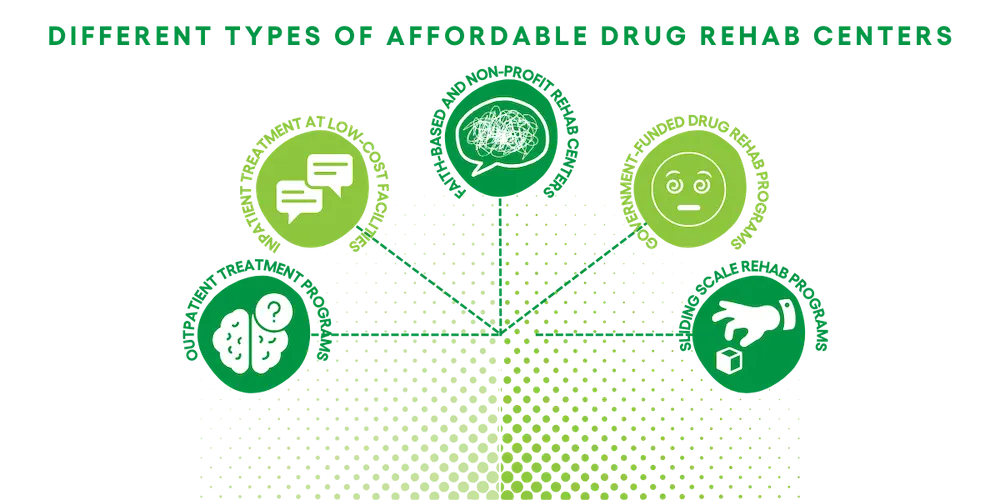
1. Outpatient Treatment Programs
Outpatient rehab is one of the most budget-friendly treatment options and allows individuals to attend therapy sessions and meetings while continuing to live at home. This option is effective for those with supportive home environments and manageable addiction levels. Outpatient care can vary from weekly therapy sessions to more intensive programs, such as Intensive Outpatient Programs (IOPs), which may meet several times weekly.
According to the National Institute on Drug Abuse (NIDA), outpatient rehab is effective when tailored to an individual’s needs, making it a popular and accessible choice.
2. Inpatient Treatment at Low-Cost Facilities
Inpatient rehab, where individuals reside at a treatment center for a designated period, is generally more intensive and often includes around-the-clock care. While inpatient programs are usually more expensive than outpatient options, affordable inpatient centers are available. Many non-profit organizations, faith-based institutions, and government-funded facilities provide inpatient rehab at a lower cost. These programs offer structured care and can include medical detox, counseling, and group therapy, providing a comprehensive approach to recovery in a supportive environment.
3. Sliding Scale Rehab Programs
Many rehab centers offer sliding scale fees based on an individual’s income. Sliding scale programs adjust the cost of treatment according to your financial situation, which can significantly reduce expenses and make treatment more accessible. This payment model allows people from diverse economic backgrounds to receive quality care without financial strain. Some rehab centers also offer payment plans, allowing individuals to spread their treatment costs over time.
4. Government-Funded Drug Rehab Programs
Government-funded programs provide low-cost or free treatment options for individuals who qualify. These programs are available through state health departments, community health centers, and some federal grants. Although government-funded facilities may have waiting lists due to high demand, they remain a valuable resource for those seeking affordable care.
You can locate government-funded programs using the Substance Abuse and Mental Health Services Administration (SAMHSA) directory, which lists facilities across the U.S. that offer affordable services.
5. Faith-Based and Non-Profit Rehab Centers
Faith-based and non-profit rehab centers often provide affordable addiction treatment through donations and charitable contributions. These facilities frequently offer services at low or no cost to individuals who cannot afford traditional rehab. Programs like The Salvation Army and Teen Challenge are examples of faith-based organizations that offer addiction treatment services. While faith-based rehab may not be for everyone, these programs can be an excellent option for individuals who find strength in their faith and are seeking a low-cost recovery solution.
Finding Affordable Drug Rehab Near You
Finding the right rehab program is crucial for successful recovery, and there are multiple ways to find affordable options near you:
Use Online Treatment Locators:
SAMHSA’s free Behavioral Health Treatment Services Locator is a powerful tool for finding affordable drug rehab centers in your area. This database allows you to search for treatment facilities by location, program type, and payment options.
Review Your Insurance Coverage:
Many health insurance plans now cover addiction treatment, significantly lowering costs for policyholders. Review your insurance plan’s details to understand what’s covered and determine your out-of-pocket expenses.
Ask for Recommendations from Support Groups:
Local support groups like Alcoholics Anonymous (AA) and Narcotics Anonymous (NA) can provide guidance on affordable rehab options. These organizations often have information on low-cost facilities and resources to help connect you with the support you need.
Reach Out to Local Health Departments:
State and local health departments can provide information about affordable rehab options and government-funded programs. They may also offer guidance on available grants or funding to support addiction treatment.
The Cost of Drug Rehab: What to Expect
The cost of drug rehab can vary widely based on factors like location, program type, and level of care. Here’s a breakdown of what you might expect for different types of rehab:
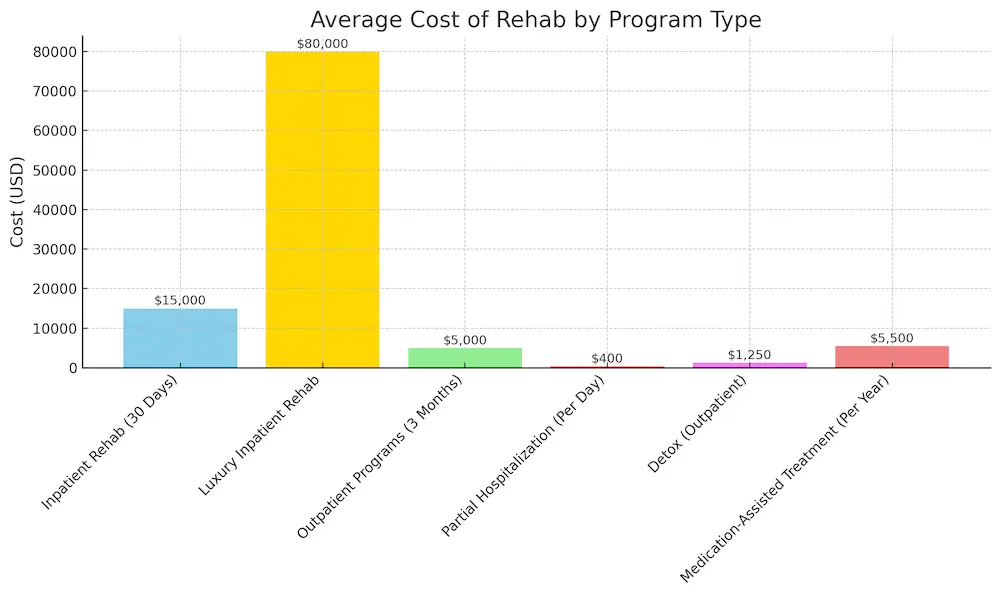
Outpatient Rehab:
Outpatient programs range from $1,400 to $10,000 for a three-month program. Outpatient treatment is typically more affordable than inpatient because it doesn’t involve the additional costs of room and board.
Inpatient Rehab:
The cost for a 30-day inpatient program ranges from $5,000 to $20,000. Government-funded and non-profit facilities may offer inpatient care at significantly reduced rates.
Long-Term Residential Programs:
Extended programs can cost anywhere from $6,000 to $60,000 per month, depending on the facility and level of care. While these programs are often expensive, government and non-profit organizations may help lower costs.
If these numbers seem high, remember that many affordable drug rehab centers reduce costs through grants, sliding scale fees, and partnerships with insurance providers.
Frequently Asked Questions (FAQ)
1. Can I Find Affordable Drug Rehab Without Insurance?
Yes! Many affordable drug rehab centers offer sliding scale fees, payment plans, and financial assistance for individuals without insurance. Additionally, government-funded and non-profit facilities provide low-cost or free services, ensuring that everyone has a path to recovery regardless of financial situation.
2. Is Affordable Rehab Less Effective Than Private Rehab?
No, affordable rehab centers offer similar therapies and treatments as private facilities. The key is finding a program that meets your unique needs, regardless of the cost. Evidence-based care, such as cognitive-behavioral therapy and group support, is often a core part of both private and non-profit programs.
3. What Kind of Financial Assistance Is Available for Drug Rehab?
Several options can help reduce the cost of rehab, including Medicaid, government grants, and sliding scale fees. Some rehab facilities offer scholarships or financial aid to make treatment more accessible for individuals in need of assistance.
Making Recovery Accessible Through Affordable Drug Rehab
At Southeastern Recovery Center, affordable drug rehab isn’t just a possibility—it’s a reality for many seeking help. Whether you’re considering our outpatient programs, exploring sliding scale options, or looking into other financial assistance, Southeastern Recovery Center is committed to making recovery accessible. We understand the importance of taking that first step toward sobriety, and our team is here to guide you to a treatment plan that aligns with your needs and budget.
Don’t let financial concerns keep you from beginning your journey to recovery. Reach out to Southeastern Recovery Center today to learn more about our programs and how we can support you. Quality care is available to you, regardless of your financial situation, and we’re here to help you take that first step toward a healthier, sober life.
